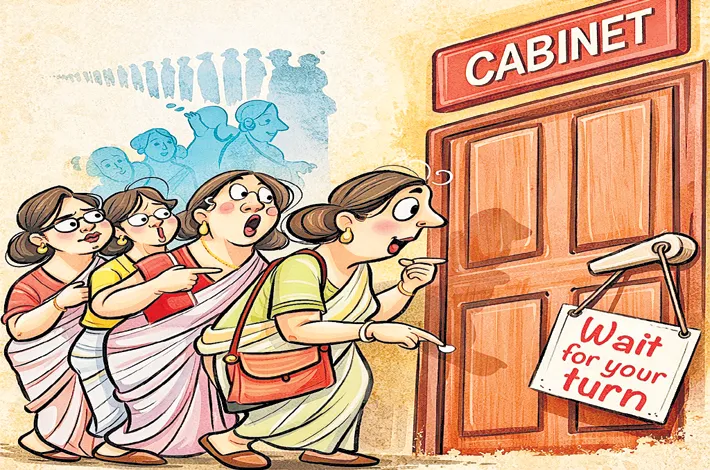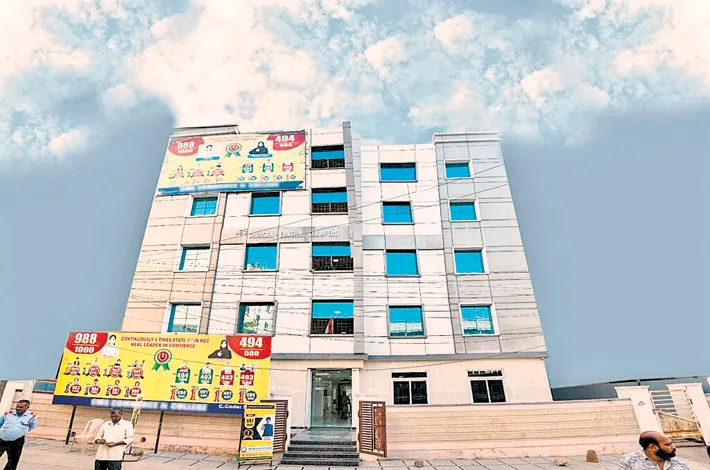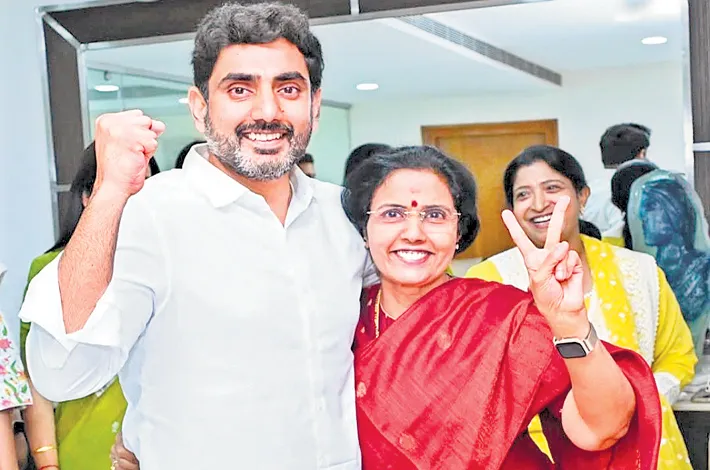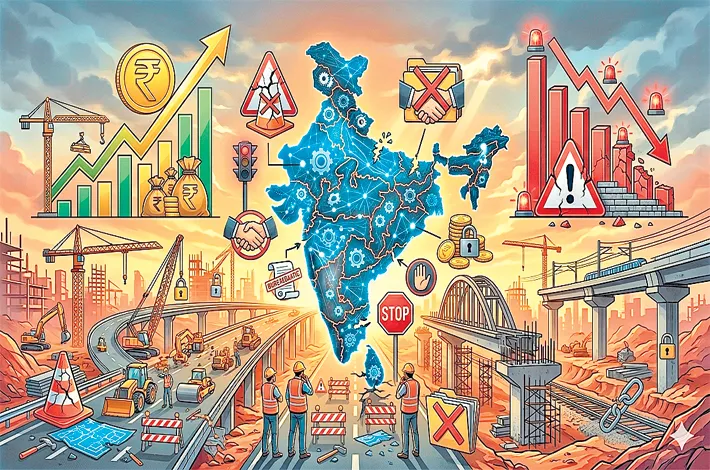Economic growth needs nonpartisan policies
19-02-2025 12:16:40 AM

The quality of polity is known by the stability of the policies in an economy. In India, at central government or state governments, some of the previous policies underwent change with changes in the government.
When policies under implementation are irrationally changed more so concerning the projects that are either commissioned or under construction, the responses will include heavy lobbying and corruption. Such policy changes have vindictive extortions and carry negative chronic impact. The consequences include shift in sectoral investments, loss of confidence in business circles, and significant economic losses.
Certain research studies including IMF – World Bank suggest that change in the government composition may reduce the annual GDP growth rate by up to 2.39 percentage points. The examples include USA during years 1994, 2002, and 2006 which periods had changes in policies critically impacting income taxes, workers compensation, and financial markets.
The recent example is of New Zealand which evidenced economic disturbances due to reversal of policy decisions in year 2023 by the new incumbent. India also has notable examples of economic disturbances due to undue policy changes. Therefore, any undue changes in the policy decisions should be avoided regardless of governments by the political parties with different ideologies.
Countries such as Singapore, Switzerland, Denmark, and Austria have policy stability regardless of the changes in the government. For example, Switzerland has consensus-oriented decision making among political parties, interest groups, and other stakeholders. This provides business confidence and facilitates long term plans and investments. The policy stability avoids political polarization, provides transparency in the legal framework, protection of investments, contract enforcement, and prevents abuse of power.
On 12th February 2025, Dr. Montek Singh Ahluwalia, while addressing a high-level gathering, suggested that India should embrace consensus policy making culture and explained the economic, social, and political benefits that could flow from such a progressive approach. This humble architect of the M-Document was instrumental in bailing India out of the economic crisis in year 1991 when India merely had $1.1 billion foreign exchange reserves sufficient to meet hardly 2 weeks of import payments.
Montek, the author of several books including the recent blockbuster “Backstage: The Story Behind India’s High Growth Years” is probably one of the rarest policy economists who served neutrally in the larger interest of the economy. Without taking any political sides, Montek listed out the examples of landmark initiatives such as Aadhar, GST, UPI, etc continued by the successive governments and how these initiatives helped the economic growth. He also added that the new initiatives such as Digiyatra, shift to Renewable Power from coal fired power, etc of the subsequent governments are much needed and appreciable.
The requirement is more of progressive continuity rather than unreasonable changes in the policies, be it by the government of same political party or of another party.
The benefits of the policy stability from consensus approach are easy to envision. All political parties will own all the policies. Opposing a policy solely because it was made during another political party’s regime may not happen. The policies involving aggressively competing offers of unproductive freebies may not find place. The competition narrows down to the manner and efficiency of implementing policies that are made with consensus. The need is to make policies with consensus and to ensure competition among political parties in implementing the progressive policies with a continuity.
Dr. Kishore Nuthalapati Economist and a Corporate Finance Professional








